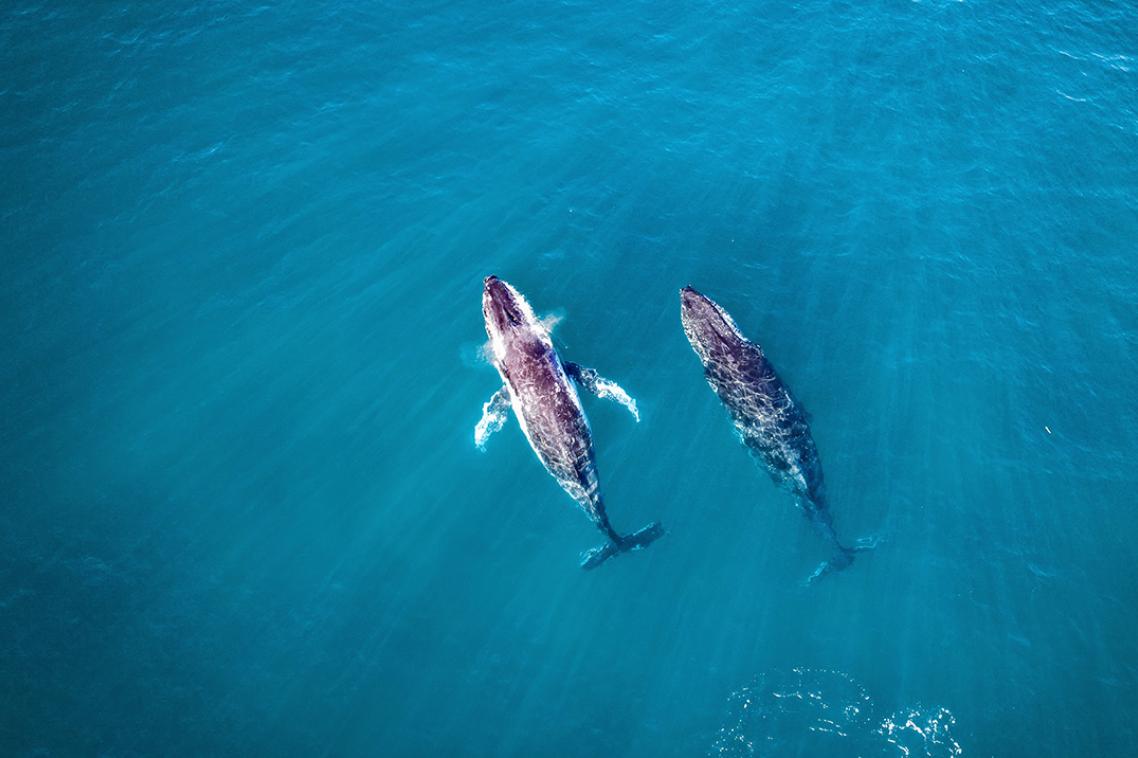Hormones drive animals to extremes

A senior University of Queensland lecturer has lent his expertise to a television documentary about the impact of hormones on animal behaviour.
Dr Stephen Anderson from UQ’s School of Biomedical Sciences was the scientific consultant for Moody Beasts, a quirky three-part series that premieres on National Geographic this week.
“Being involved in this project has been fascinating,” said Dr Anderson, an animal endocrinology expert.
“For me, it is about the sheer power of hormones to influence what animals do to ensure survival of their species.
“For example, in clownfish, if the breeding female dies, the dominant male changes sex to become the female.”
Dr Anderson said hormones drove emperor penguins’ extreme shared parenting habits.
“Females leave around the time of egg hatching to replenish their body stores, leaving males to care for the young in freezing conditions, without eating for months,” he said.
Dr Anderson worked with the series executive producer from Wildbear Entertainment to ensure all statements made in the program were validated by scientific evidence.
Additionally, National Geographic has a stringent fact-checking process to ensure scientific accuracy.
“It was quite a challenge, as the program covers animals from insects to mammals, with about 12 animals included in each episode,” Dr Anderson said.
Moody Beasts - Mating Games airs at 7.30 tonight (Wednesday 17 August) on Nat Geo Wild.
The second episode, next Wednesday, is Teen Terrors, and the final episode, Ferocious Families, is on 31 August.
A promotional video for the series is here.
Media: Dr Stephen Anderson, stephen.anderson@uq.edu.au, +61 7 3365 4756; Kim Lyell, UQ Faculty of Medicine and Biomedical Sciences, k.lyell@uq.edu.au, +61 7 3346 5214, 0427 530 647.
Related articles

Decades of surveys show whale migration shift

Should you consent to your doctor using an AI scribe? Here’s what you should know.
Media contact
UQ Communications
communications@uq.edu.au
+61 429 056 139
